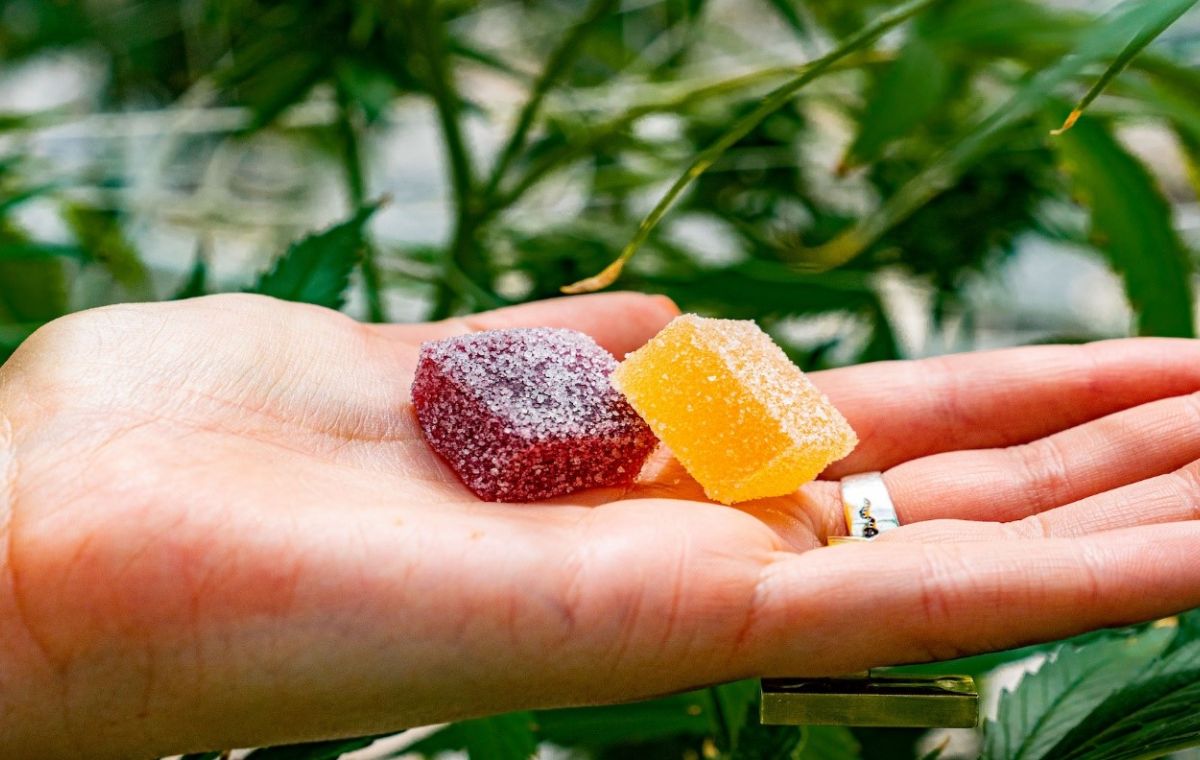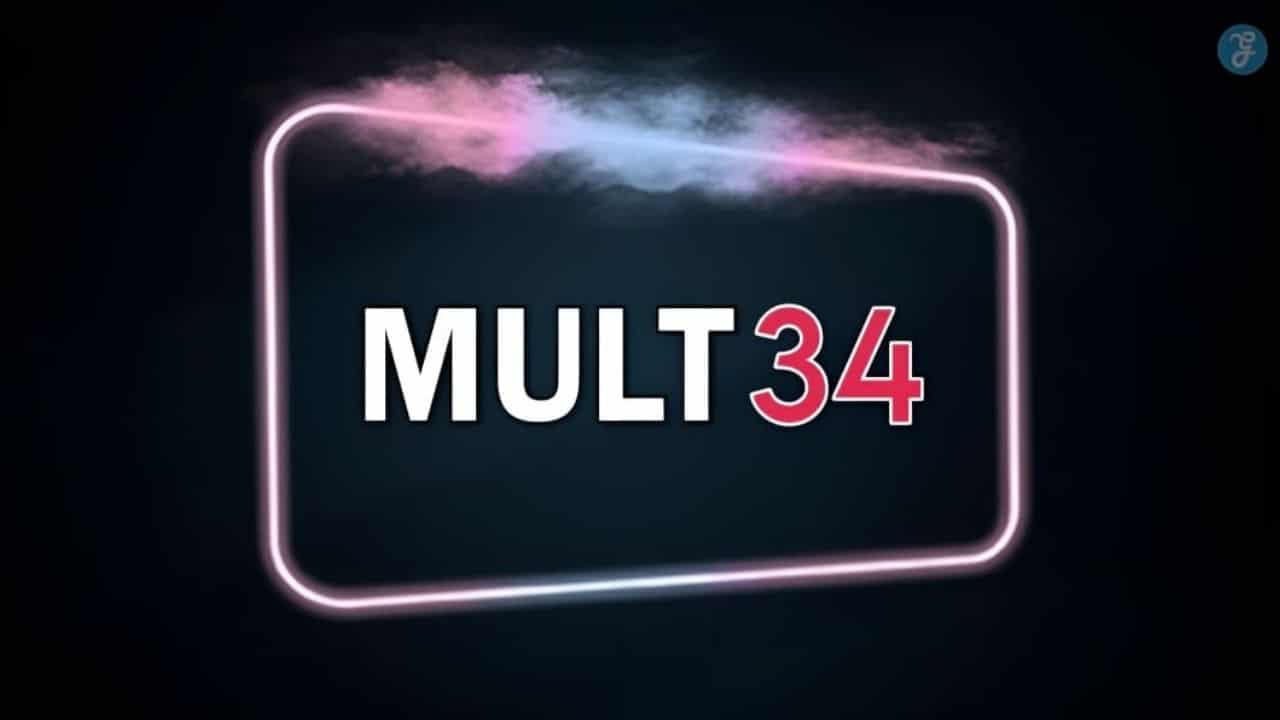Over the past few decades, people’s preferences for commodities have shifted toward herbal products. They didn’t make their decision out of interest or piqued curiosity. Instead, those who choose mindful consumption do it with a specific goal. Such marijuana compounds like Delta-8 and Delta 9 THC are drawing interest. Some individuals might be curious as to what they are. Products featuring them, however, have suddenly overrun the market.
Many adults’ lifestyles have been replaced by it. Both of them are tasty and effective.
Additionally, the growing interest and popularity came from the legalization of marijuana in the USA and Canada. To get thoroughly tested and trusted products, always prefer a trusted website’s Delta-9 and Delta-8 products.
An in-depth discussion of these substances and the subtle differences between them will happen in this article. As a result, the tale begins with THC.
What Is THC?
THC is short for Delta-9-tetrahydrocannabinol, sometimes known as -9-THC. It is an endocannabinoid molecule that has long been acknowledged as marijuana’s primary psychoactive component or the element that gives drug users a high. There are more than 500 different compounds and 100 distinct cannabinoid compounds in marijuana, including THC. It is a significant endocannabinoid molecule that has attracted considerable study.
Delta 8 THC
Among the thousands of hydrocarbons, Delta-8-tetrahydrocannabinol has seen a sharp increase in consumer interest. An isomer or chemical counterpart of Delta-9-THC, the substance that gives cannabis its trance-producing effects, is THC. The chemical structure of Delta-8-THC varies from Delta-9-THC in that it is a double bond.
Cannabis naturally contains 8-THC, albeit it is far less prevalent than 9-THC. It is located among carbon molecules 8 and 9 instead of hydrocarbon chains 9 and 10. Since 8-THC’s structural differences make it less likely to bind to the CB1 receptor, it has a lower psychoactive potency than 9-THC. Additionally, it can come from other cannabinoids.
Delta 9 THC
Cannabis plants have a few distinct THC chemical metabolites. THC’s Delta-9 variant is the most prevalent. Usually, when people talk about THC’s effects, they refer to this. Delta-9 is the type of THC that has been the subject of most studies and is the most well-known. It has the chemical formula C21H30O2. The only difference between this and Delta-8 is the placement of a single of the carbon-carbon double bonds.
The psychoactive type of THC is the most prevalent kind. When individuals take cannabis, the cannabinoid THC is what gives them an intoxicated feeling. To put it another way, it is what gives you that euphoria.
Some Key Differences of Delta 8 VS Delta 9
For almost 60 years, Delta-9 THC has become the subject of intensive research. However, Delta-8 THC has received far less attention. The way they are or are not controlled is another significant distinction. In areas where legalization initiatives have been successful, stringent regulations exist on testing, extracting, and labeling 9 THC. However, many 8 THC product producers don’t follow the rules. For instance, they might not ensure that the finished product has only the ingredients listed on the label or that it is devoid of contaminants. Another distinction between Delta-8 THC and Delta-9 THC is potency. We suggest that appropriately labeled 8 THC should be around 25% to 30% less power than a comparable quantity of 9 THC.
In flower (bud) form, 9 THC may be smoked or vaporized without extraction, but this is not true for edibles, topicals, and other preparations. Contrarily, almost all 8 THC items are created, extracted, and refined from CBD derived from cannabis.
Here are some other key differences-
Legality
Although Delta-8 THC is currently lawful on a federal level, not all states have legalized it. In addition, the national law prohibits the use of Delta-9 THC. However, it is legal for recreational and medicinal use across several states. Nevertheless, regulations governing manufacturing, distribution, and consumption are constantly changing.
Potency
Delta-9 THC is renowned for its potent intoxicating properties that cause euphoria and other mental consequences. It is significantly easier to get high on Delta-8 THC. However, remember that when 8 THC is consumed, it is processed differently. While -8 THC is ingested sublingually or by inhalation, you experience its effects. However, after consumption, the 8 THC proceeds through second-pass processing and becomes the THC compound 11-hydroxy-THC. The same thing takes place while ingesting Delta-9. Therefore, the latter is more potent than the other.
Availability
State regulators have taken action to limit or outright prohibit Delta-8 THC in 18 states because of the adverse consequences of potential byproduct and contaminant contamination. In these states, it is unavailable and cannot be shipped either. Because of unintentional exposure and excessive usage, emergency room visits have increased along with the development of Delta-8.
The Controlled Substances Act now classifies Delta-9 THC as a Schedule I controlled drug. Substances listed as Schedule I have little therapeutic benefit and significant potential for misuse. Any medical marijuana or product that would have more than 0.3% THC by dry mass is regarded as unlawful under federal law. Several states have adopted cannabis legislation for both medicinal and adult usage. States that come under CSA have banned Delta-9, but the former could be available there.
Popular Products:
Many innovations are happening every moment as the market expands. But we have picked a few that have caught our attention.
Gummies
THC distillate is a popular choice for gummy makers since it offers a beautiful technique to guarantee all batches of candies will provide comparable effects. You can rely on a THC-distilled sticky flavor to get results. Highly refined and odorless THC distillate lets the fruity flavor and taste of something like the tacky show through. Gummies that have been THC-infused are perfect for this. The taste stays, ensuring you understand what to expect.
Conclusion
Among the thousands of hydrocarbons, Delta-8-tetrahydrocannabinol has seen a sharp increase in consumer interest. An isomer or chemical counterpart of Delta-9-THC, the substance that gives cannabis its high-producing effects, is THC. Cannabis naturally contains 8-THC, albeit it is far less prevalent than 9-THC. The chemical structure of -8-THC varies from -9-THC in that a double bond is located among carbon molecules 8 and 9 instead of hydrocarbon chains 9 and 10. Since 8-THC’s structural differences make it less likely to bind to the CB1 receptor, it has a lower psychoactive potency than 9-THC.







































